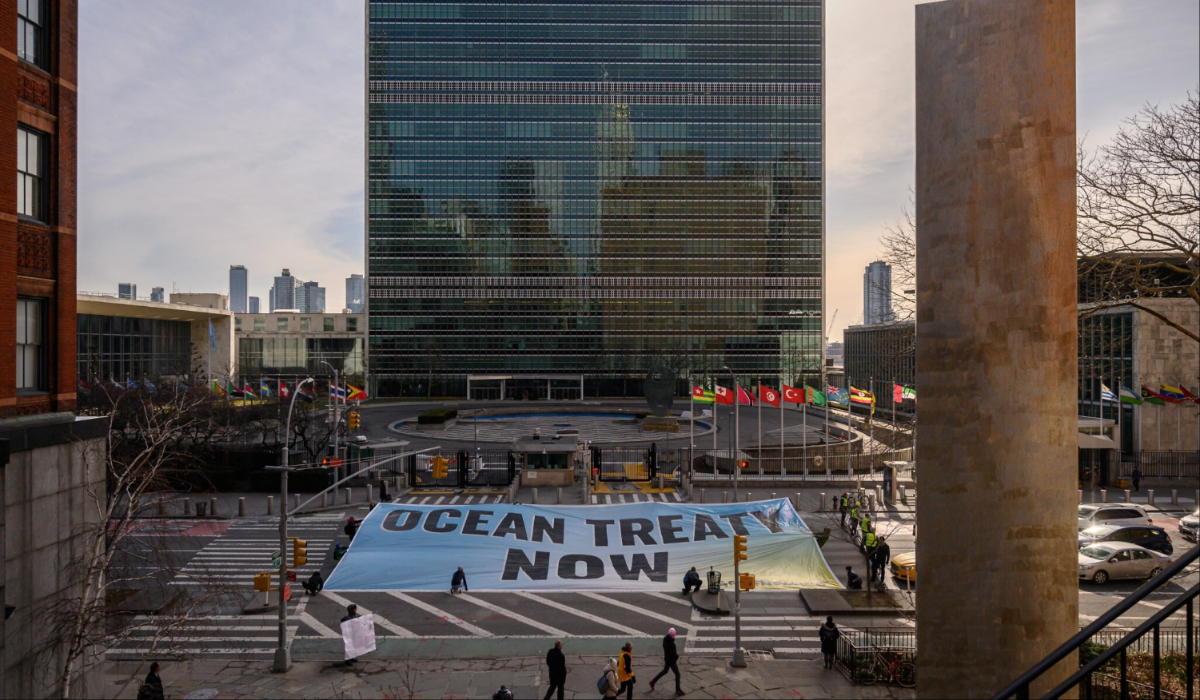A historic agreement was reached on Saturday night after almost a decade of talks to safeguard the world’s oceans.
United Nations members on Saturday night reached consensus on the text of the international treaty to protect the ocean during a conference, which was chaired by Rena Lee, Singapore’s Ambassador for Oceans and Law of the Sea Issues and Special Envoy of the Minister for Foreign Affairs, in New York.
Singapore’s mission to the UN said in a statement that the agreement was the culmination of discussions that began in 2004.
“Despite being extremely biodiverse, only 1 percent of the high seas is currently regulated. The BBNJ Agreement is therefore a major step forward in contributing to the governance of the global commons. Singapore has presided over negotiations of the Agreement since September 2018,” the statement read.
According to the statement, the agreement “covers access to and use of marine genetic resources; the adoption of conservation and sustainable use measures and the conduct of environmental impact assessments in the maritime areas beyond national jurisdiction; and capacity-building and the transfer of marine technology.”
World Wildlife Fund (WWF), which was a key party in the round-the-clock negotiations, has “strongly” welcomed the UN’s move, stating that the agreement would create a framework to conserve marine life and restrain harmful activities in two-thirds of the ocean.
In a statement released late on Saturday night, the Swiss-based non-government organization said that the agreement will allow for the establishment of high-seas marine protected areas.
“What happens on the high seas will no longer be ‘out of sight, out of mind.’ The High Seas Treaty will allow for the kind of oversight and integration we need if we want the ocean to keep providing the social, economic, and environmental benefits humanity currently enjoys,” says Jessica Battle, Senior Global Ocean Governance and Policy Expert, who led WWF’s team at the negotiations.
“We can now look at the cumulative impacts on our ocean in a way that reflects the interconnected blue economy and the ecosystems that support it,” Battle added.
WWF stated that the High Seas Treaty commits nations to protect and conserve at least 30 percent of the ocean by 2030.
“This is a landmark moment for the ocean – one that will usher in a new era of collective responsibility for our planet’s most significant global commons,” says Pepe Clarke, Global Ocean Practice Leader for WWF.
“Last year, nations committed to halt and reverse nature loss by 2030. Today’s achievement is a significant step toward delivering on that promise,” said Clarke.





